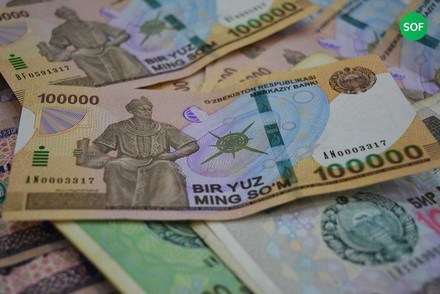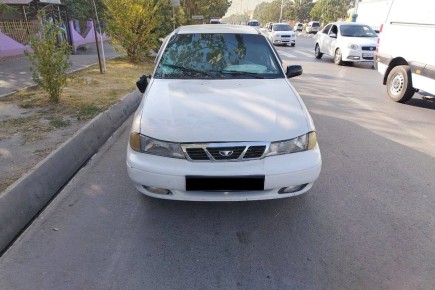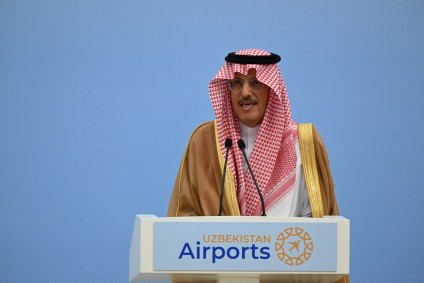Trade unions and employers will be involved in setting the minimum wage in Uzbekistan, the president Shavkat Mirziyoyev announced this at a government meeting with trade union veterans today.
Shavkat Mirziyoyev, the country's economy is growing steadily, and accordingly rising the minimum wage (MW) annually (1.271 million soums as of August 1). However, he noted, these issues had been decided unilaterally, based solely on calculations and proposals from government bodies.
In this regard, the president proposed involving, starting next year, a tripartite national commission on social and labor issues, which would include the Federation of Trade Unions, the Ministry of Employment, and the Confederation of Employers for drafting regulations on minimum wage.
This step, according to the president, will be a new approach to ensuring guaranteed protection of workers' interests when setting the minimum wage.
"A person's value and quality of life shall not be determined not only by their salary but also by their social environment." "Therefore, it is necessary to create conditions for workers to be provided with housing, quality education, healthcare, and transportation services, as well as an income sufficient to meet their basic needs," Mirziyoyev emphasized.
According to him, Uzbekistan is developing a Decent Work Agenda through 2030 in cooperation with the International Labor Organization. It aims to enhance the value of people at work and create fair and safe conditions for all citizens.
The need to adapt labor relations to new conditions associated with the development of digitalization, artificial intelligence, and the green economy was specifically emphasized.
The Decent Work Agenda, which is being developed, will serve as a strategic roadmap combining the country's accelerated economic growth with the principles of social justice, the head of state stated.
Real wages in Uzbekistan are growing more slowly than in Central Asia and the Caucasus. However, the ratio of the minimum wage to GDP per capita is higher, indicating a more equal income distribution, according to a Central Bank survey.















